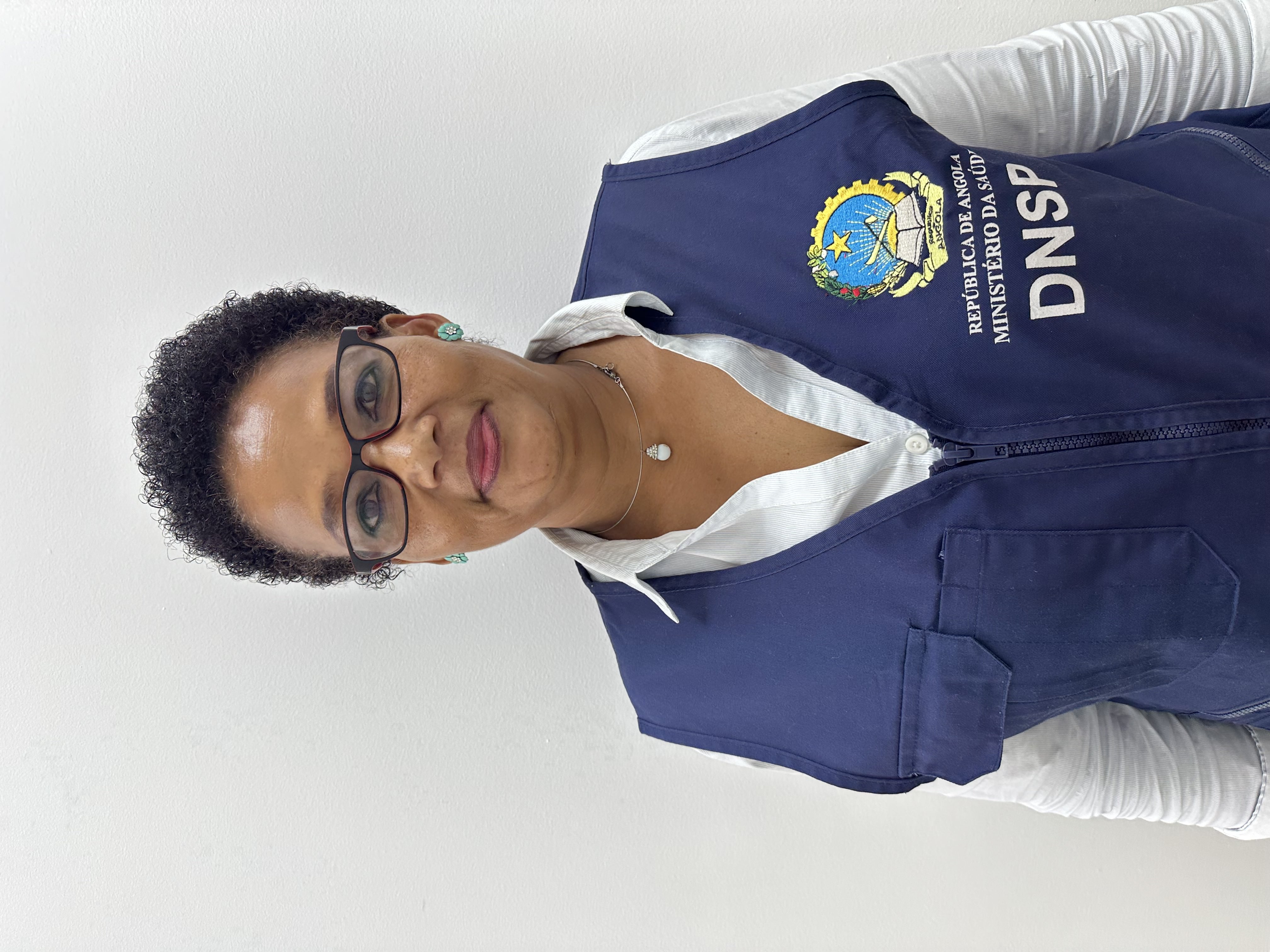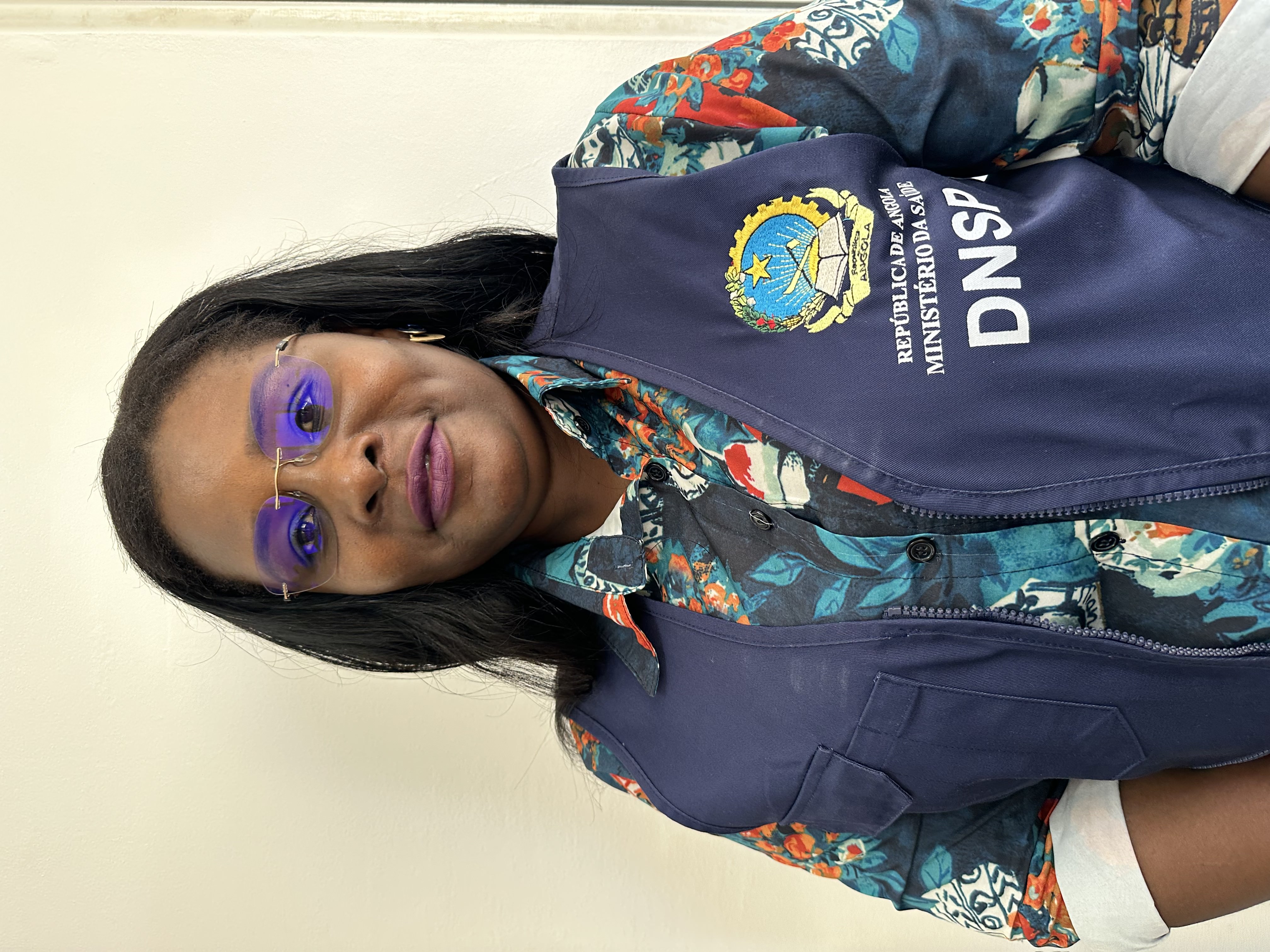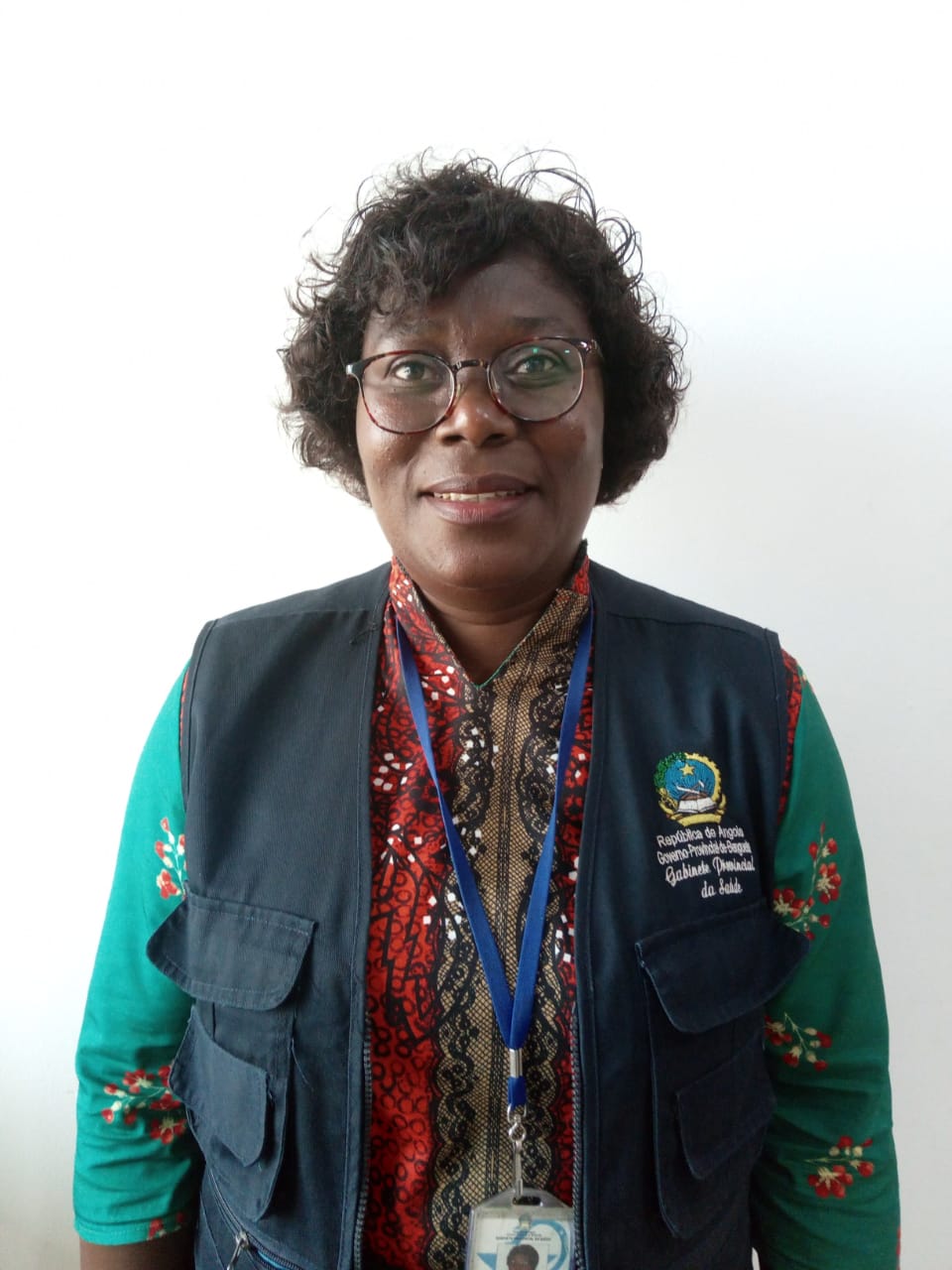As reported by the World Economic Forum, Angola already has one of the highest labor participation rates for women—ranking 10th in the world as of 2022. However, due to other factors, such as wage equality, years in school, and financial inclusion, Angola is ranked 125th out of 145 countries in its progress to closing the gender gap. Men dominate the country’s health supply chain, with women often excluded from leadership roles due to cultural biases—such as the perception that only men can perform certain jobs — and lack of access to education and training.
Understanding this disparity, the USAID Global Health Supply Chain Program - Procurement and Supply Management (GHSC-PSM) project advocated to the Angolan Ministry of Health for more women to be trained in logistics and supply chain management and given equal opportunities for promotion to leadership positions. One of the winning arguments in this advocacy was that GHSC-PSM’s supply chain advisors comprised mostly women.
The first spark of change happened in 2019 when GHSC-PSM supported the Ministry of Health in conducting a workshop that catalyzed a series of actions to promote equal opportunities for women in health supply chain management. The first action was to form a gender technical working group in the Ministry of Health. This team had one mission— to promote gender equality and equity in the management of the health supply chain in Angola by creating opportunities for women to be trained and fostering conversations to address biases, such as the perception that women are not fit to perform specific roles in the supply chain. With technical support from GHSC-PSM, the gender technical working group created and launched the Gender Transformative Approach to Healthcare in Angola — an initiative to promote women’s inclusion in the health supply chain system.
Angola’s Gender Transformative Approach to Health Care is an initiative by the Angolan Ministry of Health designed create opportunities for health sector stakeholders to challenge gender norms and address unequal power structures that disadvantage women in the management of the health supply chain system. Its purpose is to create an environment inclusive of women in leadership positions at every step of the health supply chain cycle, from the selection of health products to their distribution.



